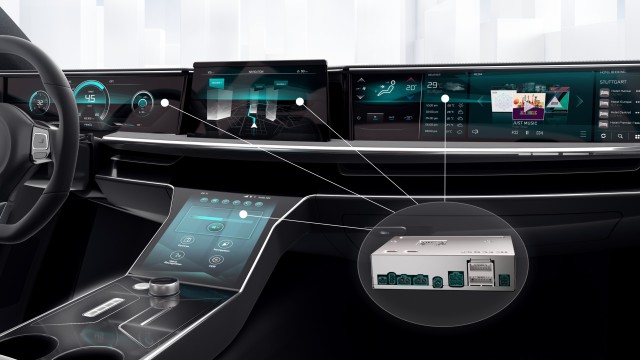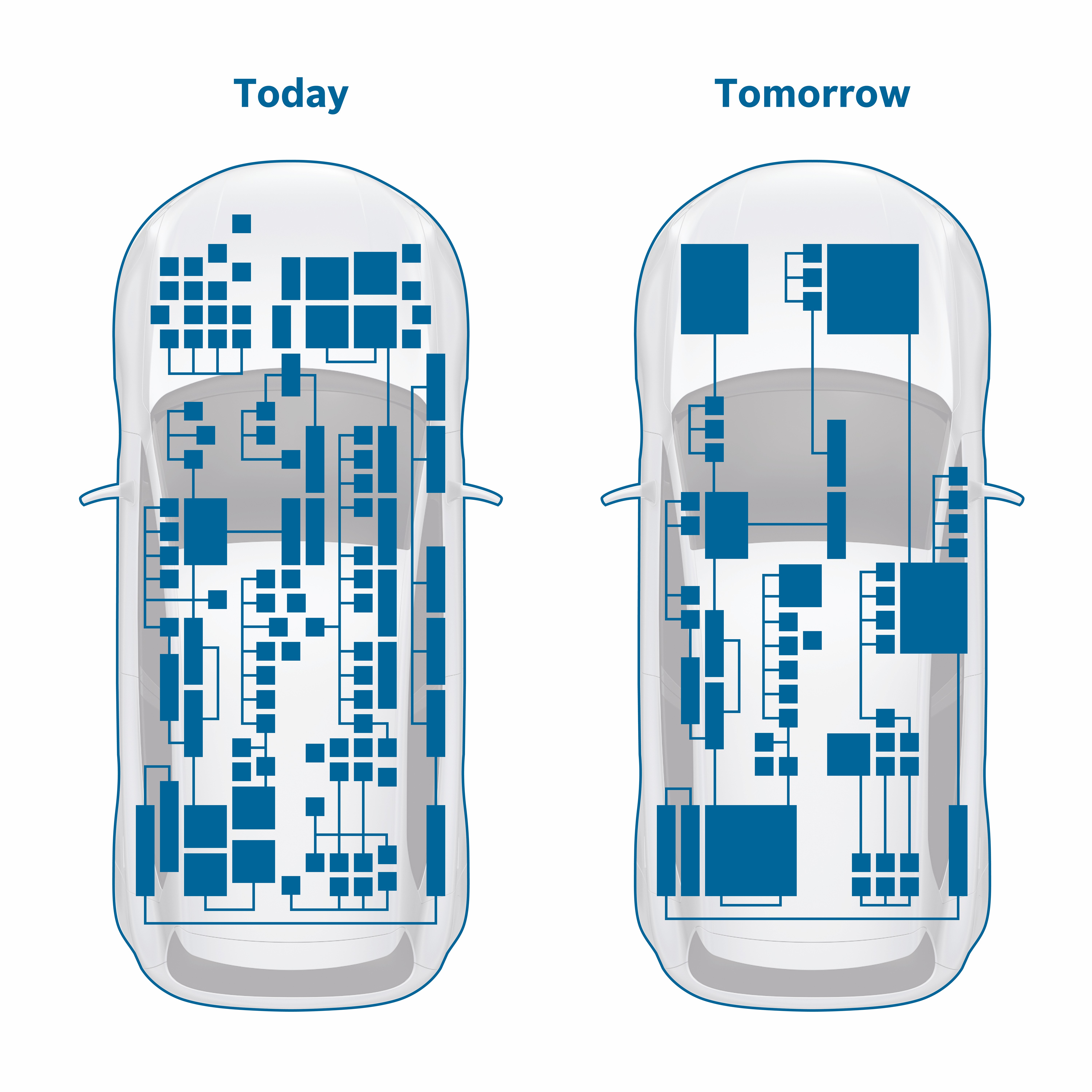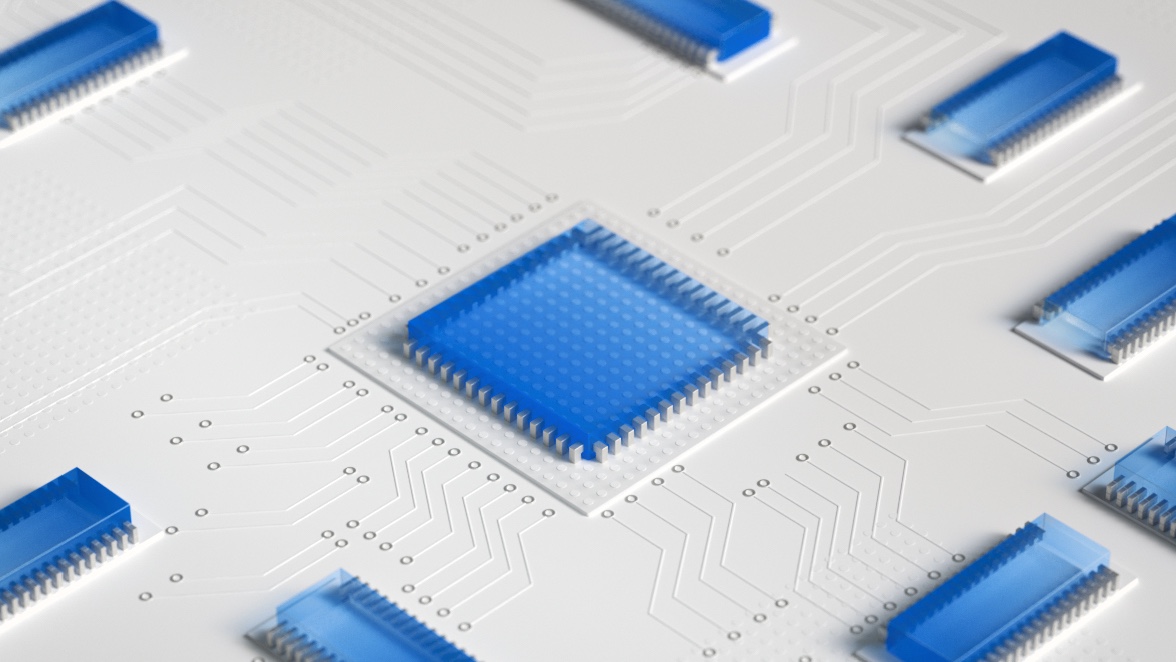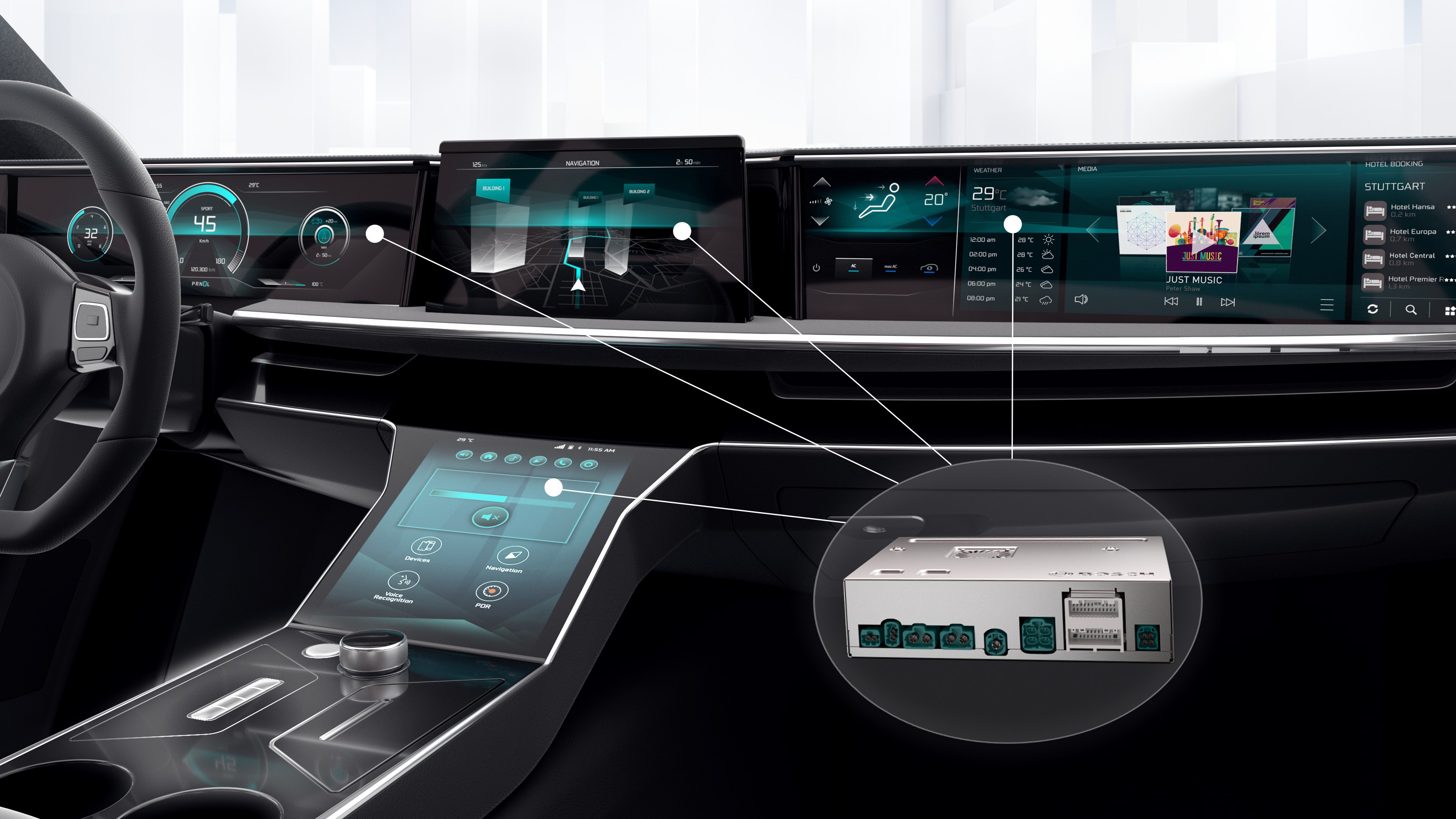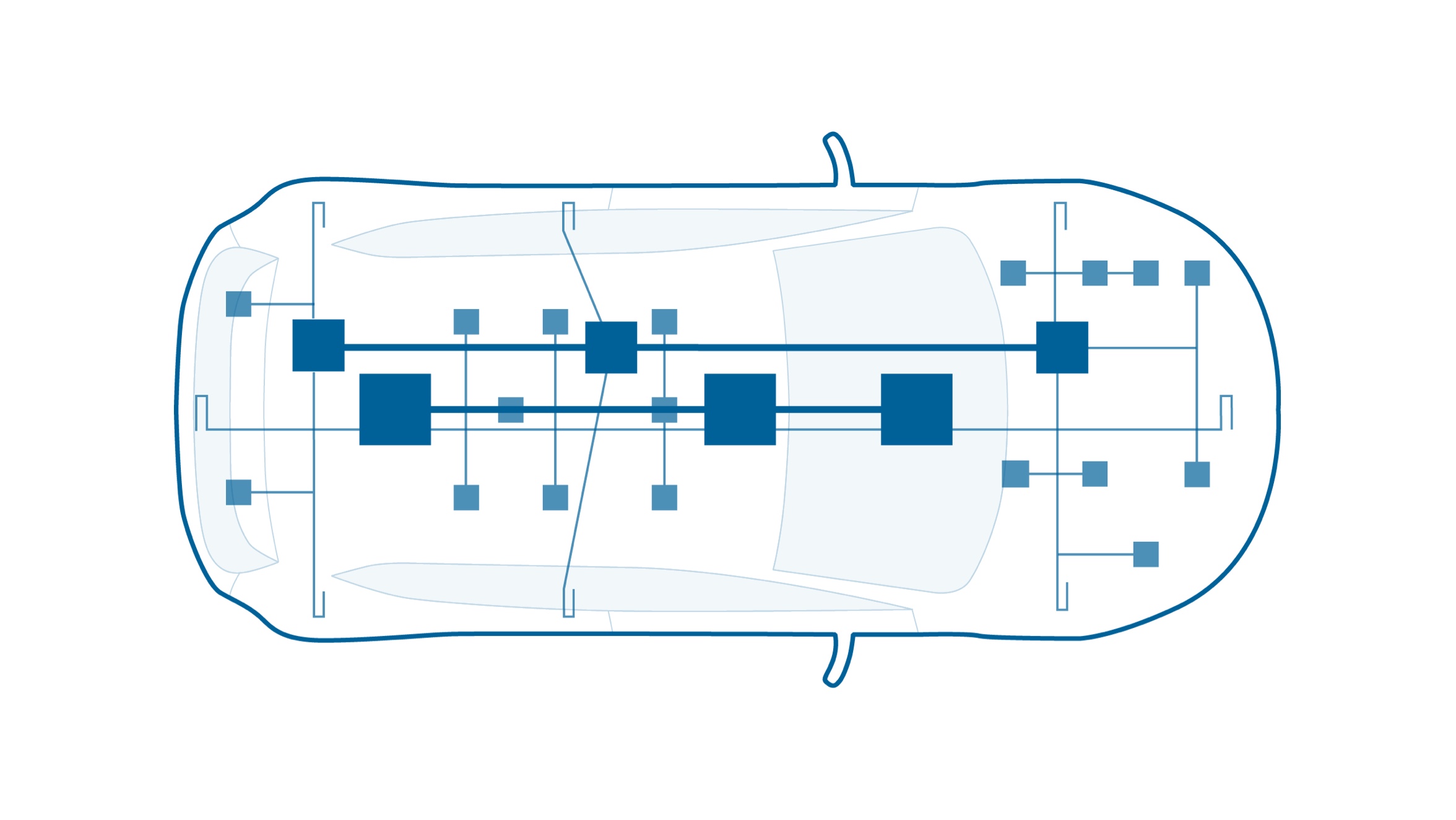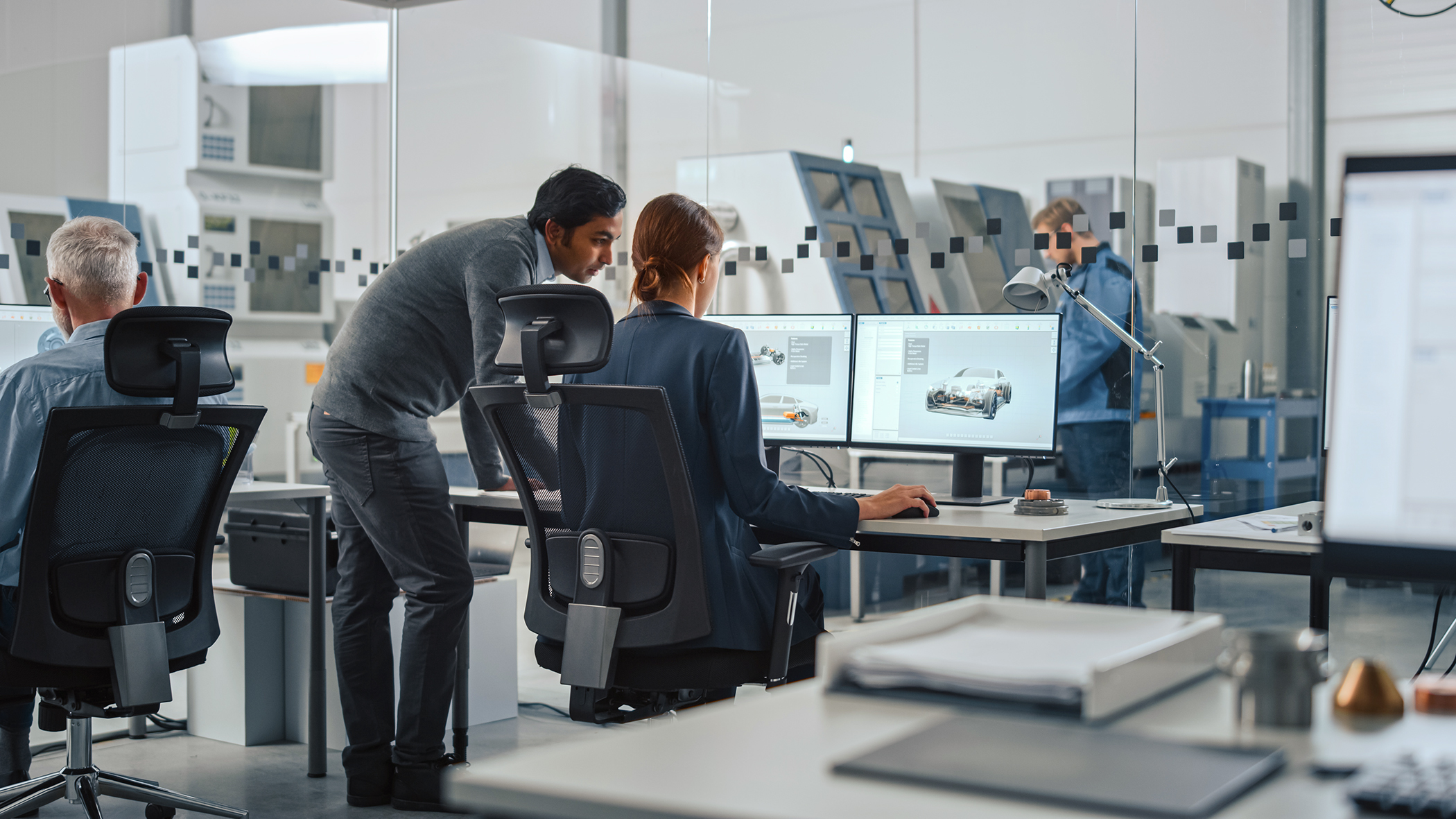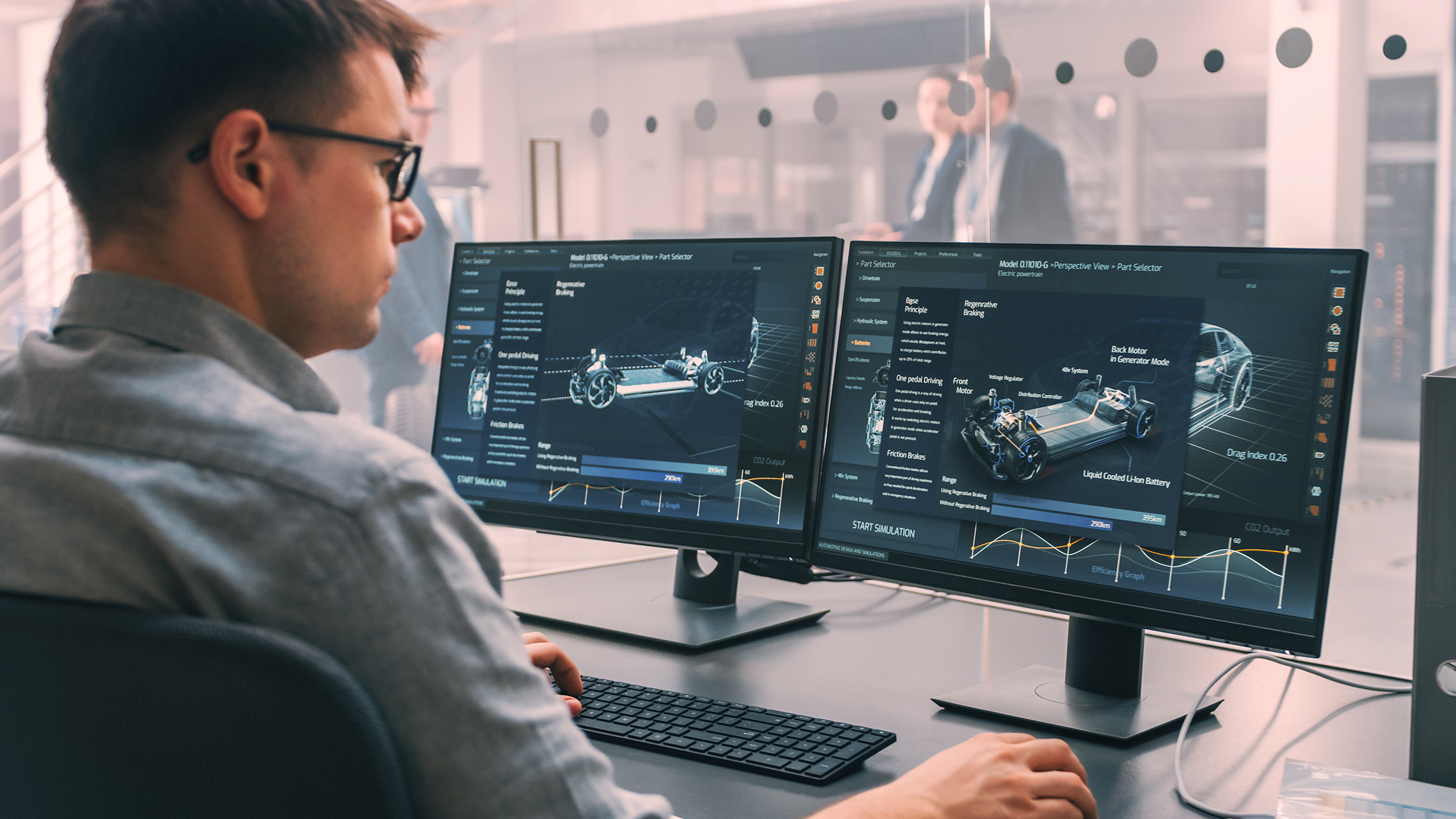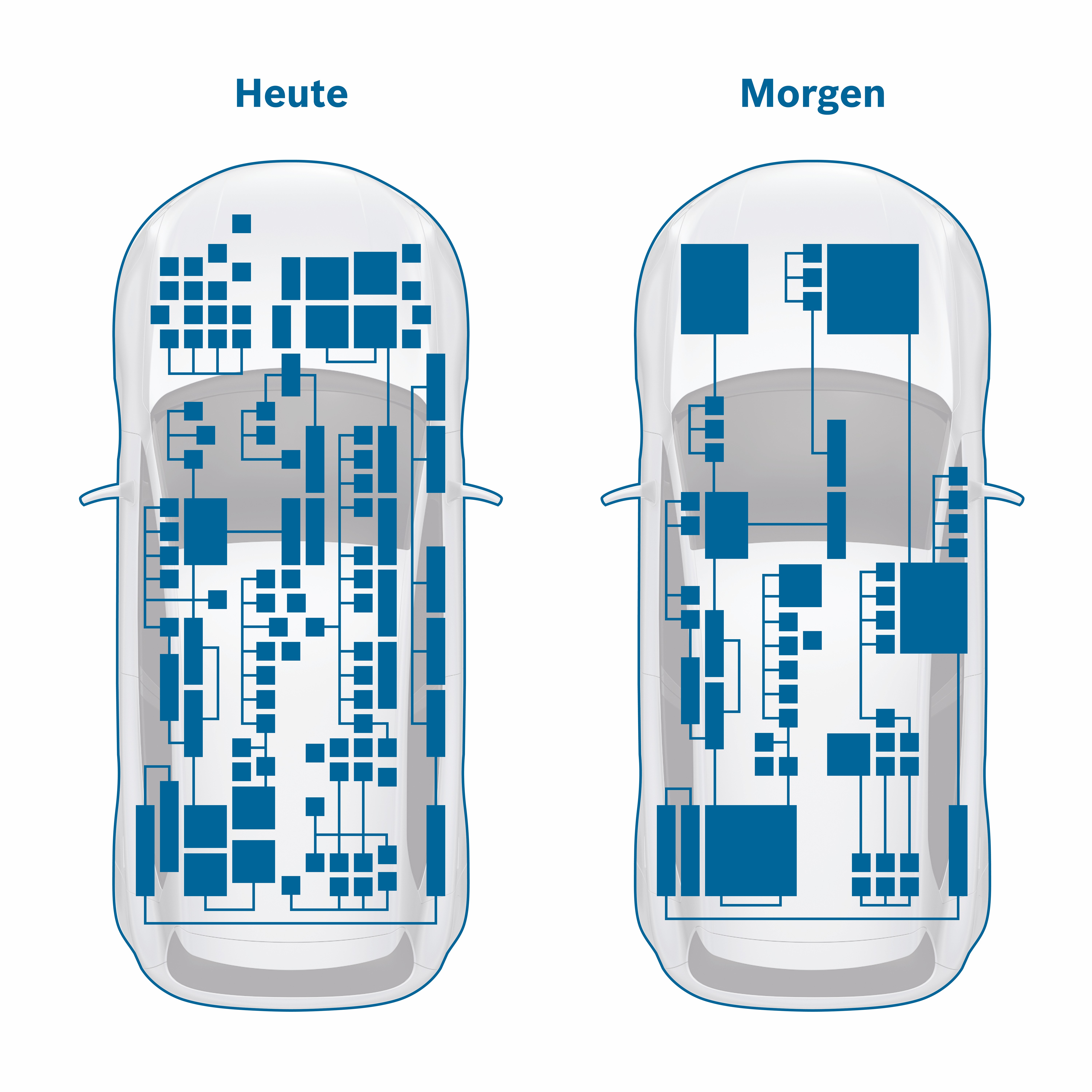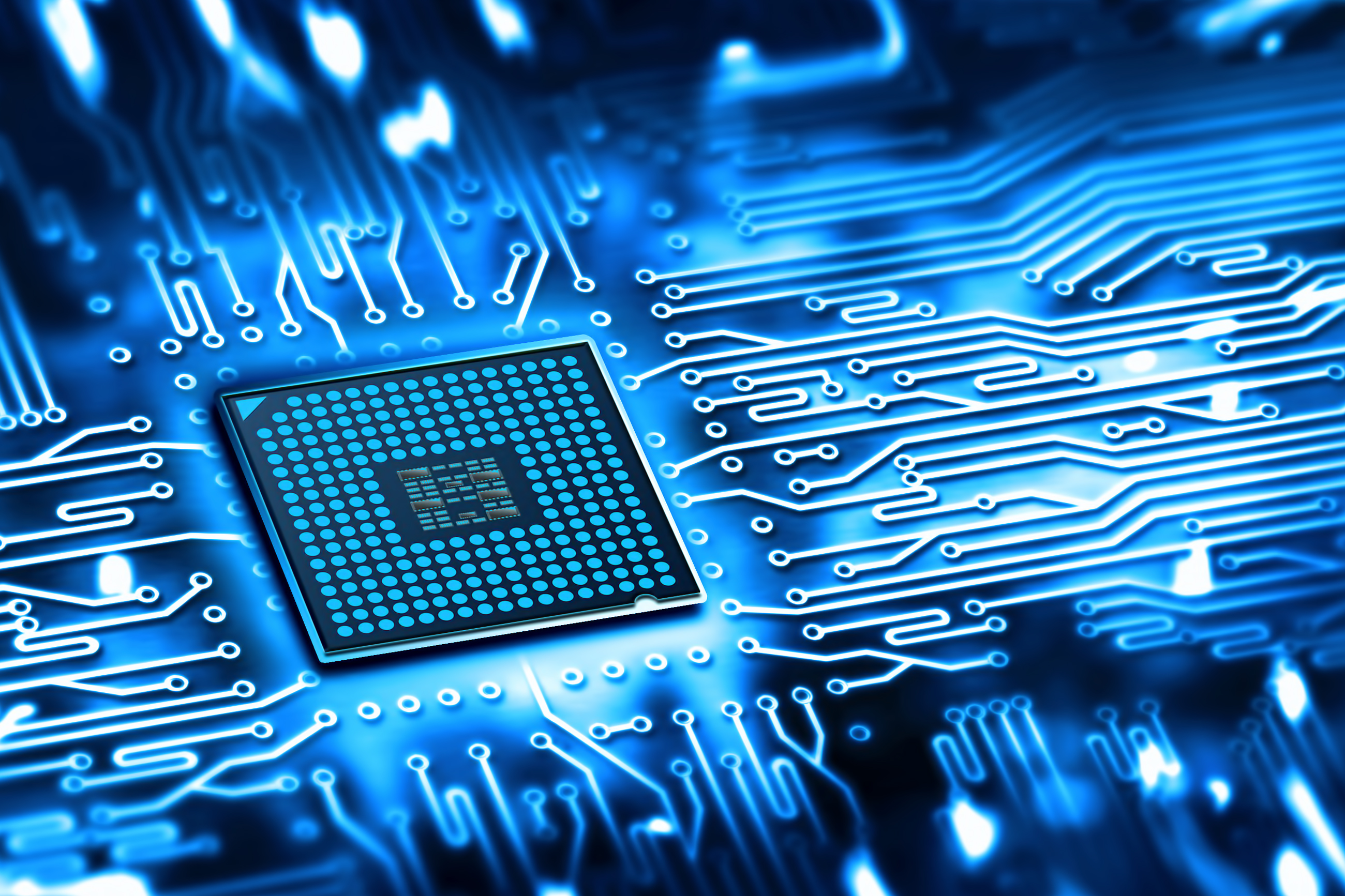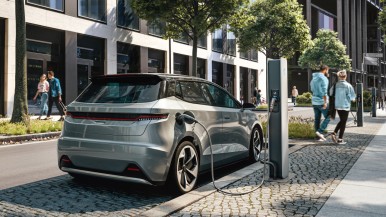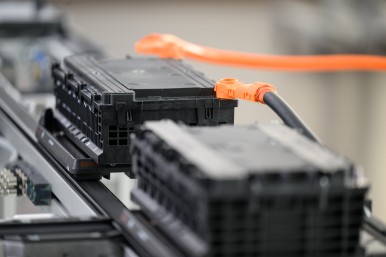Stuttgart, Germany – In modern cars, intelligence counts for a lot, and Bosch vehicle computers are there to provide it. These computers, the new all-rounders of automotive electronics, are incorporating ever more functions of individual control units into central, highly powerful electronic modules. For more than a year now, Bosch vehicle computers have been controlling functions such as driver assistance systems and motion in production vehicles. And soon, they will be joined by central computers for cockpit functions and body electronics. When it comes to vehicle computers, therefore, no other company can match Bosch’s broad portfolio, since the supplier of technology and services can offer production-ready computers for every aspect of modern vehicles. And business-wise as well, this is paying off. Bosch has now won orders worth several billion for its vehicle computers – 3 billion worth since last summer alone. “Vehicle computers have huge business potential for Bosch. Even now, our high-performance computers mean that automakers view us as one of their leading engineering and technology partners,” says Harald Kroeger, who sits on the board of management of Robert Bosch GmbH. Vehicle computers are central to Bosch’s efforts to extend its leading role in software-intensive electronic systems. The market for these systems is worth some 24 billion, and is set to grow 15 percent annually between now and 2030. To meet this demand, the new Cross-Domain Computing Solutions division and its 17,000 associates will start operations in January 2021. In this unit, Bosch is bringing together its hardware and software engineering for vehicle computers, sensors, and control units for all vehicle domains.
Bosch pools its software and electronics expertise in one division with 17,000 associates
Facts about automotive software and electronics
Bosch at CES 2021:
- VIRTUAL PRESS CONFERENCE: Monday, January 11, 2021, from 8:00 to 8:30 EST (14:00–14:30 CET) with Dr. Michael Bolle, Bosch CTO, CDO, and management board member, and Mike Mansuetti, president of Bosch North America, at the Bosch Media Service.
- VIRTUAL BOOTH: January 12 – February 15, 2021, at www.ces.tech
- FOLLOW the Bosch CES 2021 highlights on Twitter: #BoschCES
- DEEP-DIVE SESSIONS WITH BOSCH-EXPERTS: January 12 – February 15, 2021, at www.ces.tech
- Sustainable #LikeABosch: How a key global industry player drives carbon neutrality at its sites with Torsten Kallweit, Head of Corporate Office Health, Safety, Environmental and Fire Protection as well as Sustainability and Manager CTO Bosch Climate Solutions GmbH, and Annette Wagner, Head of Sustainability and Ideas Lab
- Move #LikeABosch: Technology for sustainable future mobility with Mike Mansuetti, President of Bosch North America, and Tim Frasier, Regional President Automotive Electronics North America
- Artificial intelligence in use: Application examples from the fields of fitness tracking and well-being to smart cameras with Kaustubh Gandhi, Senior Product Manager, and Sina Isabell Springer, Business Development Manager
- Perfectly keyless advanced with Tim Frasier, Regional President Automotive Electronics North America, Daniel Kornek, Head of Product Area Vehicle Access (Perfectly Keyless), and Jia Hou, Business Development Manager
Having established a regional presence in 1906 in North America, the Bosch Group employs 34,700 associates in more than 100 locations, as of December 31, 2020. According to preliminary figures, Bosch generated consolidated sales of $13.1 billion in the U.S., Canada and Mexico. For more information, visit www.bosch.us, www.bosch.ca and www.bosch.com.mx.
The Bosch Group is a leading global supplier of technology and services. It employs roughly 394,500 associates worldwide (as of December 31, 2020). According to preliminary figures, the company generated sales of $87.1 billion in 2020. Its operations are divided into four business sectors: Mobility Solutions, Industrial Technology, Consumer Goods, and Energy and Building Technology. As a leading IoT provider, Bosch offers innovative solutions for smart homes, Industry 4.0, and connected mobility. Bosch is pursuing a vision of mobility that is sustainable, safe, and exciting. It uses its expertise in sensor technology, software, and services, as well as its own IoT cloud, to offer its customers connected, cross-domain solutions from a single source. The Bosch Group’s strategic objective is to facilitate connected living with products and solutions that either contain artificial intelligence (AI) or have been developed or manufactured with its help. Bosch improves quality of life worldwide with products and services that are innovative and spark enthusiasm. In short, Bosch creates technology that is “Invented for life.” The Bosch Group comprises Robert Bosch GmbH and its roughly 440 subsidiary and regional companies in 60 countries. Including sales and service partners, Bosch’s global manufacturing, engineering, and sales network covers nearly every country in the world. The basis for the company’s future growth is its innovative strength. At 126 locations across the globe, Bosch employs some 73,000 associates in research and development, as well as roughly 30,000 software engineers.
Additional information is available online at www.bosch.us, www.iot.bosch.com, https://us.bosch-press.com, https://twitter.com/BoschPress
Exchange rate: 1 EUR = 1.2171

